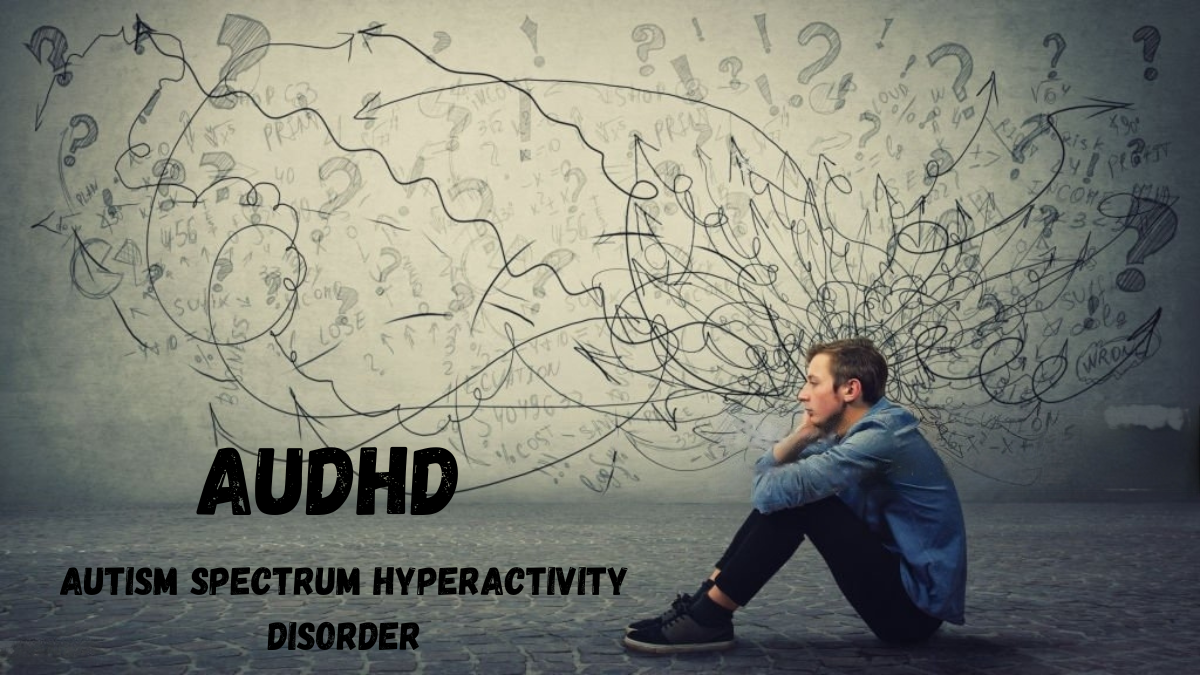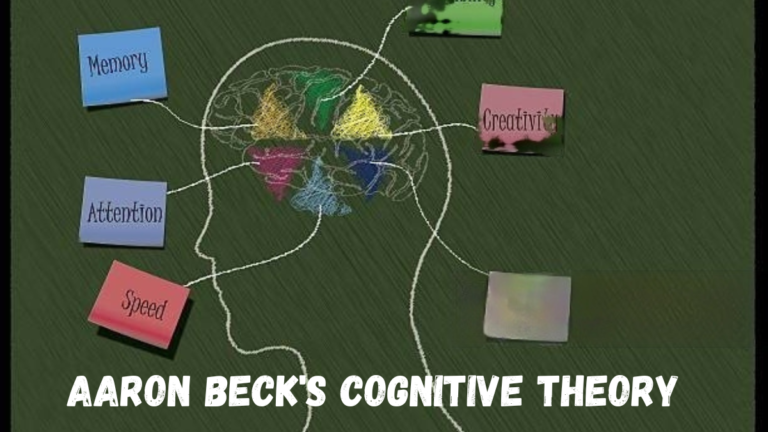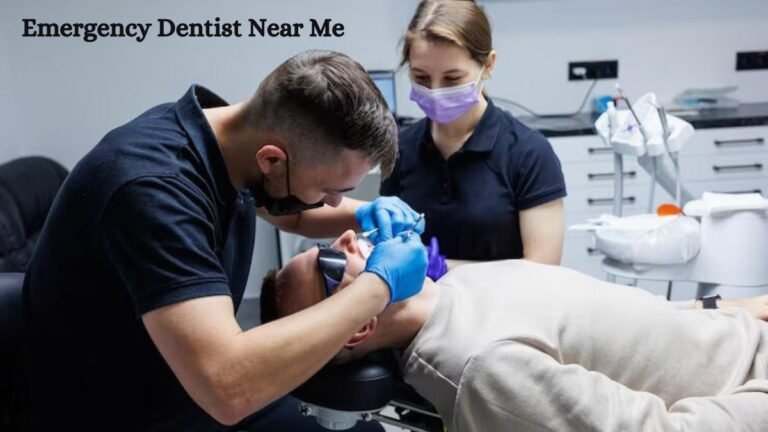AuDHD: Understanding the Intersection of Autism and ADHD
In today’s fast-paced environment, multitasking has become the norm, making it difficult for many people to maintain concentration, organization, and attention. Attention Deficit Hyperactivity Disorder (ADHD) is a topic that has received much attention throughout the years. A second, less spoken-about issue that needs our attention is autism hyperactivity disorder (AuDHD).
What is AuDHD?
Understanding the Acronym
To explain, “Attention Deficit Hyperactivity Disorder” is what “AuDHD” actually stands for. The attention and hyperactivity problems of ADHD are more widely seen in autism spectrum hyperactivity disorder (AuDHD).
Differentiating AuDHD from ADHD
Although there are commonalities between AuDHD and ADHD, it is essential to make that distinction. In contrast to AuDHD, which predominantly affects decision-making, memory, and executive functioning, ADHD primarily affects attention and impulse control.
The Autism Hyperactivity Disorder Spectrum
Mild vs. Severe AuDHD
There is a continuum from mild to severe forms of Autism spectrum hyperactivity disorder. While some people may have trouble paying attention sometimes, others may struggle persistently throughout a wide range of cognitive functions.
Common Symptoms
Its individuals may have a wide range of symptoms. Forgetting things, acting without thinking, not knowing what to do first, and feeling overwhelmed frequently are all symptoms.
Causes and Risk Factors
Genetic Factors
There is evidence that heredity contributes to its development . People having a history of dementia or Alzheimer’s in their family may be at a higher risk.
Environmental Influences
Children’s beginning of attention-deficit hyperactivity disorder has been related to prenatal or early-life exposure to toxins and other environmental factors.
Diagnosis and Assessment
Seeking Professional Help
If you suspect AuDHD, it’s crucial to undergo a comprehensive physical examination to determine its existence and severity, as it’s the most effective method for diagnosis.
Diagnostic Criteria
Autism spectrum hyperactivity disorder may be identified by checking out a number of boxes in the DSM-5. These standards cover a wide range of cognitive abilities, making this an all-encompassing test.
Living with Autism Spectrum Hyperactivity Disorder
Daily Challenges
Daily struggles can have an impact on a person’s personal and professional life for those with AuDHD. Problems with memory, organization, and time management are all possibilities.
Coping Strategies
The quality of life for people with AuDHD can be improved with the use of proven coping mechanisms, despite the difficulties they face.
Treatment Options
Medication
Medications exist to help with its signs and symptoms . Memory and focus are only two of the cognitive abilities they improve.
Behavioral Therapy
Individuals who suffer from this disease might also benefit from behavioral treatment. It equips individuals with methods for enhancing their executive functions and decision-making abilities.
Lifestyle Changes
Positive effects on its symptoms have been observed when patients began engaging in healthy living practices including going for frequent workouts and eating sensibly.
Autism Spectrum Hyperactivity Disorder in Children
Autistic children have unique challenges. They could struggle to pay attention in class, have social difficulties, and be able to keep their emotions in check. To ensure kids get the support they require, early intervention is crucial.
Autism Spectrum Hyperactivity Disorder in Adults
Autism Spectrum Hyperactivity Disorder in adults is a real possibility. Problems with jobs, interpersonal connections, and meeting everyday demands are all areas where adults may struggle. However, with effective methods of management, they may live happy, productive lives.
AuDHD vs. ADHD
It is crucial to learn about the distinctions between AuDHD and classic ADHD. Both disorders have certain symptoms, such as focus problems, but are differentiated by varying degrees of hyperactivity. Subtle, more internalized symptoms are typical in AuDHD.
Autism Spectrum Hyperactivity Disorder and Its Impact on Daily Life
The negative effects of Attention Deficit Hyperactivity Disorder (ADHD) can be felt in many facets of a person’s existence. Learning to navigate these challenges is essential for persons with this disease and those who care about them.
Autism Spectrum Hyperactivity Disorder and Relationships
People with it may find it difficult to keep their relationships on a healthy track. For any relationship to flourish, both parties must be open communicative, patient, and understanding.
Parenting a Child with Autism Spectrum Hyperactivity Disorder
Having a child who has AuDHD might test your patience and resolve. To assist your child succeed, you should get educated about the disease, seek expert counsel, and provide a nurturing atmosphere.
Autism Spectrum Hyperactivity Disorder in the Workplace
Problems specific to it may arise in the professional setting. Successful professionals use methods like prioritizing, time management, and open communication with their employers to get to the top of their fields.
Conclusion
AuDHD is a cognitive disorder causing difficulties with planning, recall, and executive processes. Despite being less well-known than ADHD, it significantly impacts daily life. Understanding it can help individuals manage the disorder, reduce its negative effects, and ultimately improve their quality of life.
FAQs
Q: Is it the same as ADHD?
No, AuDHD and ADHD are related but distinct conditions. While ADHD primarily involves attention and hyperactivity, AuDHD encompasses a broader range of cognitive deficits.
Q: Can AuDHD be diagnosed in adults?
Yes, it can be diagnosed in adults. Its effects can persist throughout life, and diagnosis can be beneficial in understanding and managing its impact.
Q: What are some common coping strategies for AuDHD?
Common coping strategies include creating daily routines, setting reminders, practicing mindfulness, and seeking professional help, such as therapy.
Q: Are there support groups for individuals with AuDHD?
Yes, there are support groups and online communities where individuals with this disease can connect, share experiences, and receive support from others facing similar challenges.
Q: What should I do if I suspect I have AuDHD?
If you suspect you have the disease, it’s essential to seek a professional evaluation from a qualified healthcare provider or mental health specialist.







